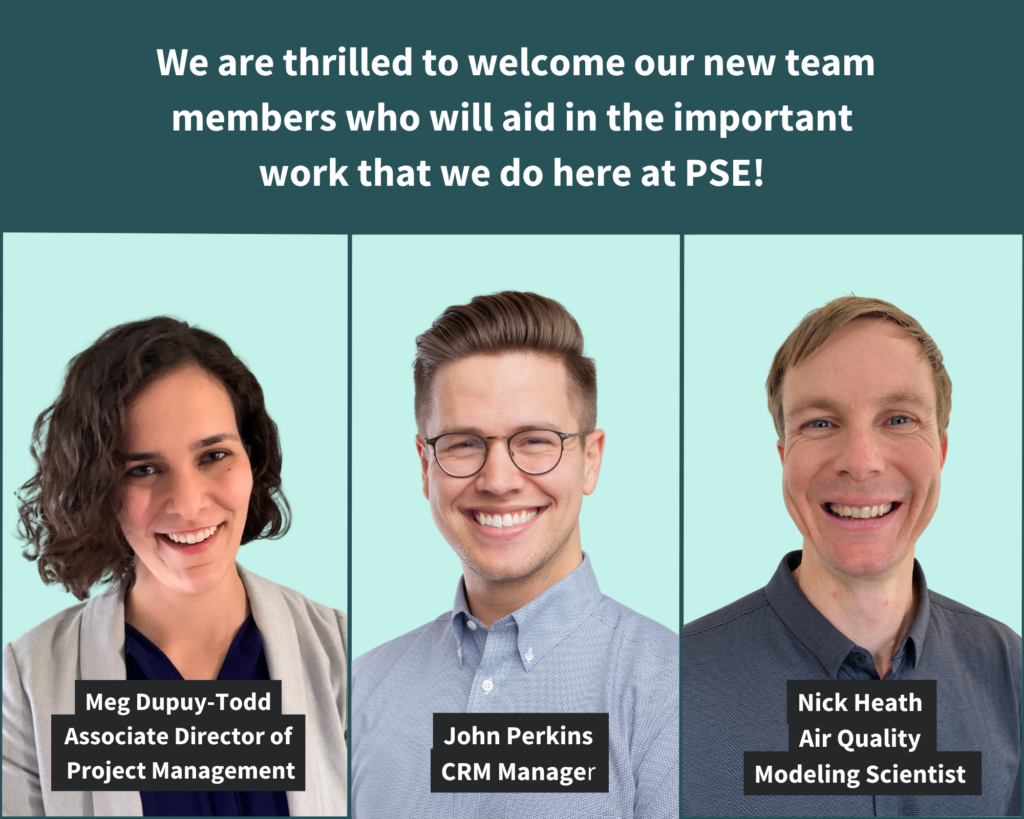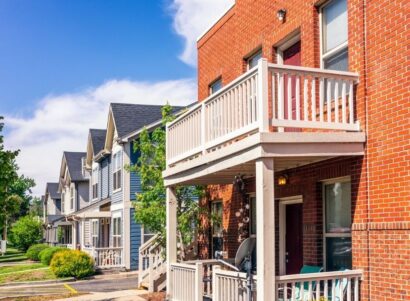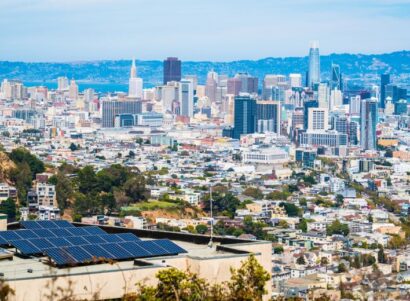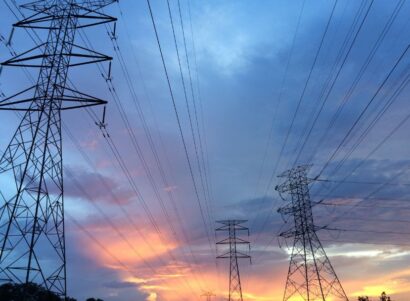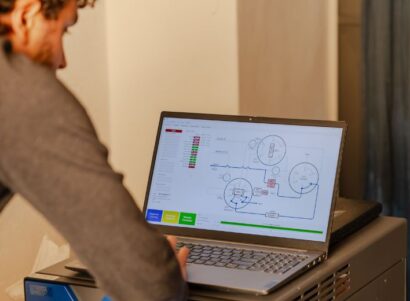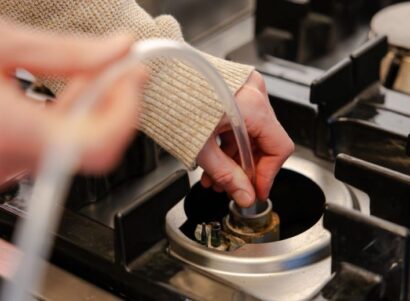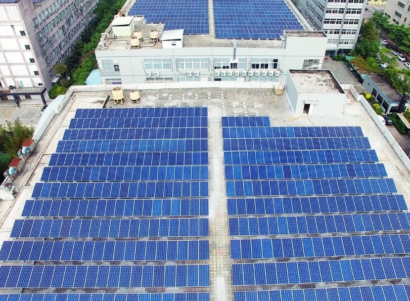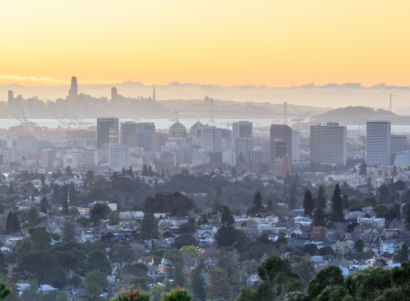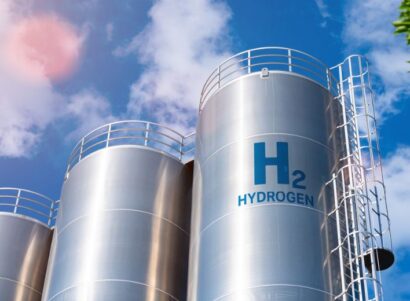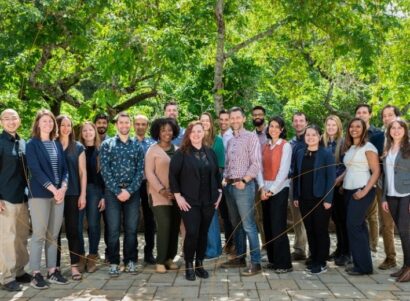Featured
Building Community Resillence Across California
In a new report PSE collaborated with the Asian Pacific Environmental Network (APEN) and Communities for a Better Environment (CBE) to explore opportunities and barriers to community-led solar and storage resilience hubs across California. Through this collaboration, PSE provides a top-down view of climate resilience needs and potential resilience hubs, while APEN and CBE offer a bottom-up view, providing insights on what it takes to design a resilience hub that reflects local needs and priorities.
Resources from this collaboration include the Candidate Resilience Hub Mapping Tool and the Public Safety Power Shutoff Map. Visit the California Community Resilience Hubs webpage for more details and resources from PSE, CBE, and APEN.
News Brief
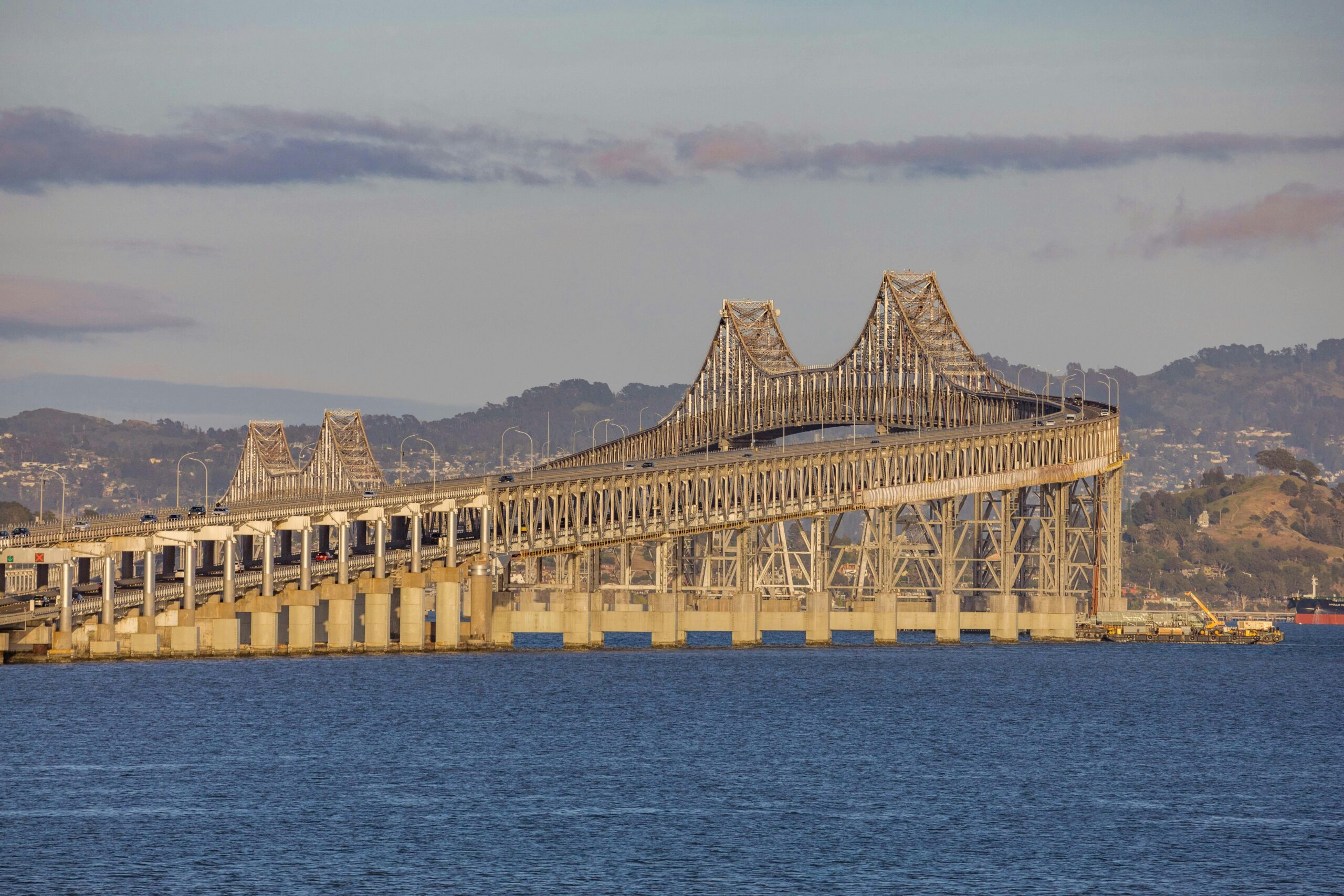
The Value of Community Air Monitoring Black Carbon
PSE collaborated with a team at UC Berkeley on a research study to help Richmond, CA communities find more actionable information to improve air quality by characterizing hyperlocal patterns of air pollution. This research involved the deployment of a suite of 50 custom-built black carbon sensors alongside our network of 50 low-cost PM2.5, NO2, and ozone sensors within the Richmond Air Monitoring Network. Data were collected for four weeks in two seasons in the adjacent cities of Richmond, North Richmond, and San Pablo, California, east of the San Francisco Bay.
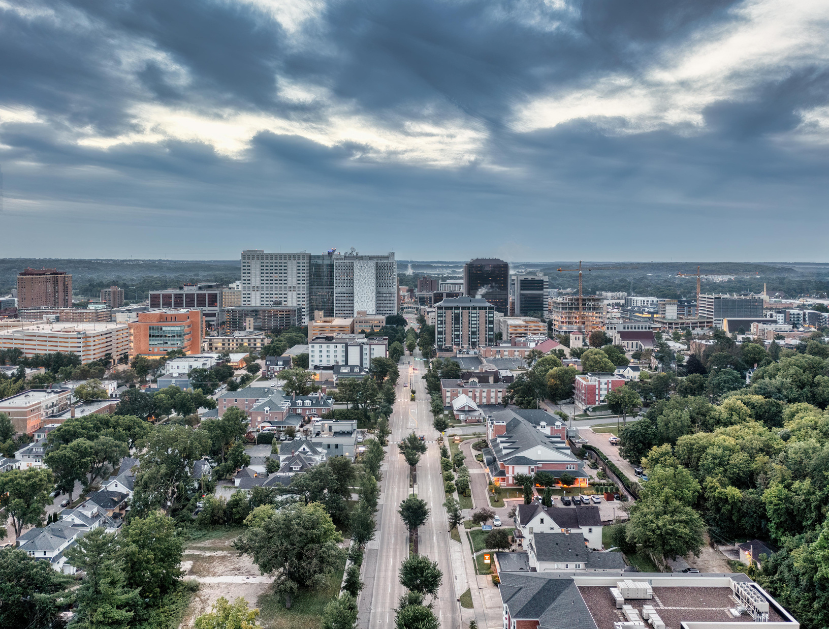
County-Level Inequities in Air Pollution Reduction
PSE collaborated with a team at UC Berkeley on a research study to help Richmond, CA communities find more actionable information to improve air quality by characterizing hyperlocal patterns of air pollution. This research involved the deployment of a suite of 50 custom-built black carbon sensors alongside our network of 50 low-cost PM2.5, NO2, and ozone sensors within the Richmond Air Monitoring Network. Data were collected for four weeks in two seasons in the adjacent cities of Richmond, North Richmond, and San Pablo, California, east of the San Francisco Bay.
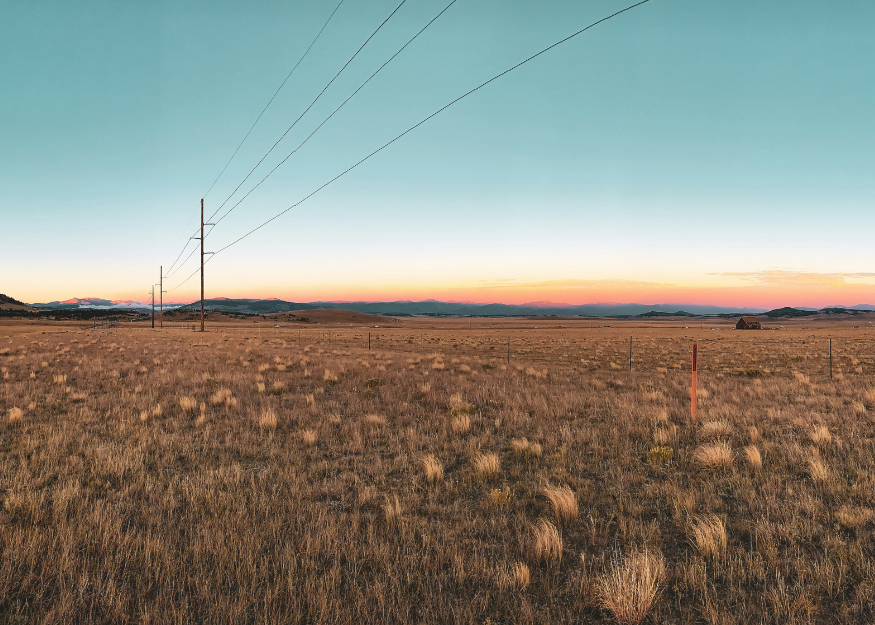
Colorado Public Utility Commission Testimony
In Colorado, a utility company submitted its plan to the Colorado Public Utility Commission (CPUC) in response to Senate Bill 21-264, which requires gas distribution utilities to meet greenhouse gas emissions targets by 2025 and 2030. PSE’s Sophia Bisogno, Dr. Lebel, and Dr. Bilsback authored a detailed report on the indoor and outdoor air quality, public health, and equity implications of the utility-proposed plan as compared to alternative plans with larger greenhouse gas reductions; the report was attached to written testimony. Dr. Bilsback also gave a testimony to the CPUC in March via Zoom.
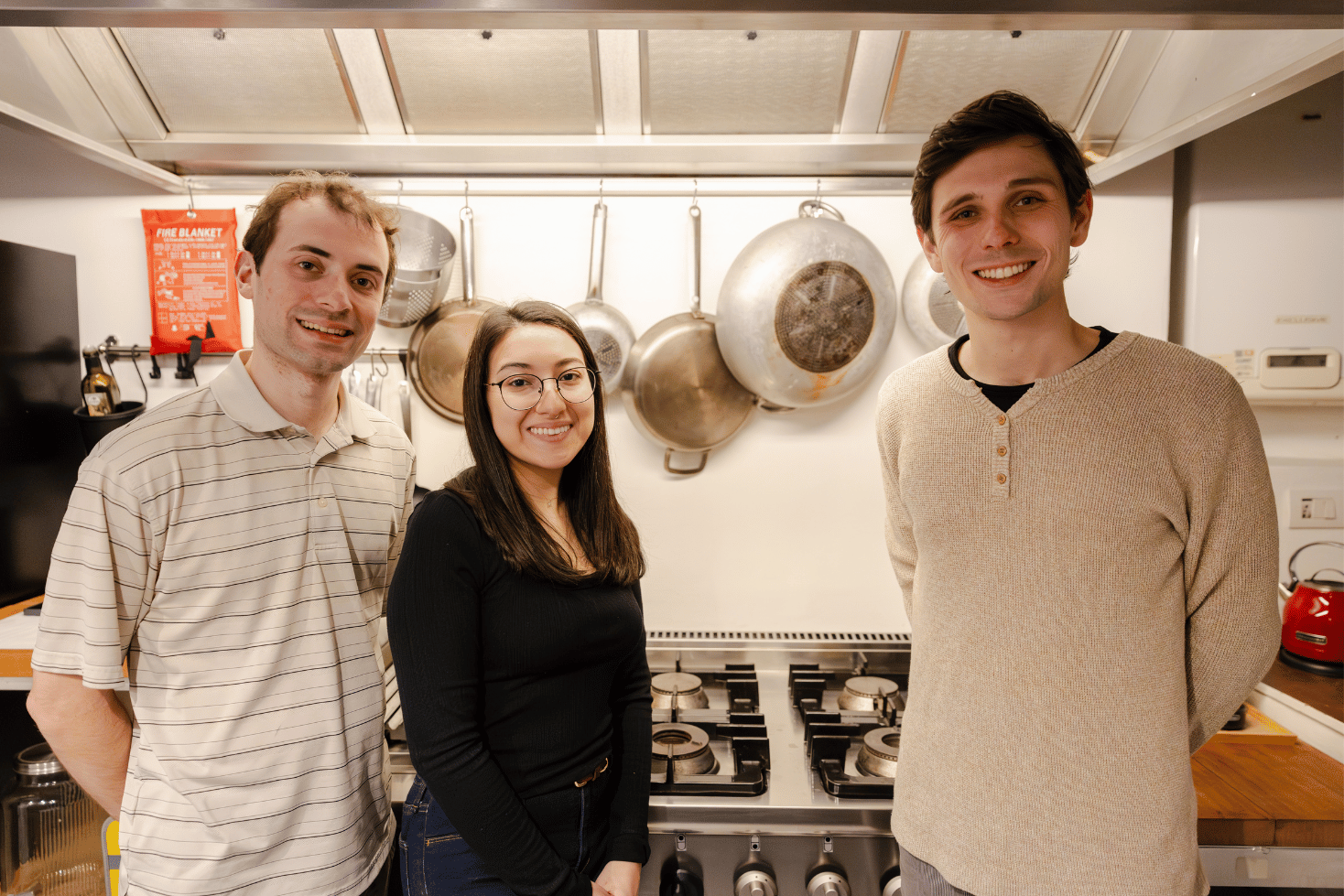
Kitchen Studies Europe
During the first few months of 2024, our team, in collaboration with Stanford University, researched the health impacts of natural gas throughout Europe. After sampling in the UK in 2023, we collected gas stove samples from homes in Amsterdam and Milan advancing the understanding of the relationship between natural gas energy and people’s homes.
Conference and Webinar Highlights
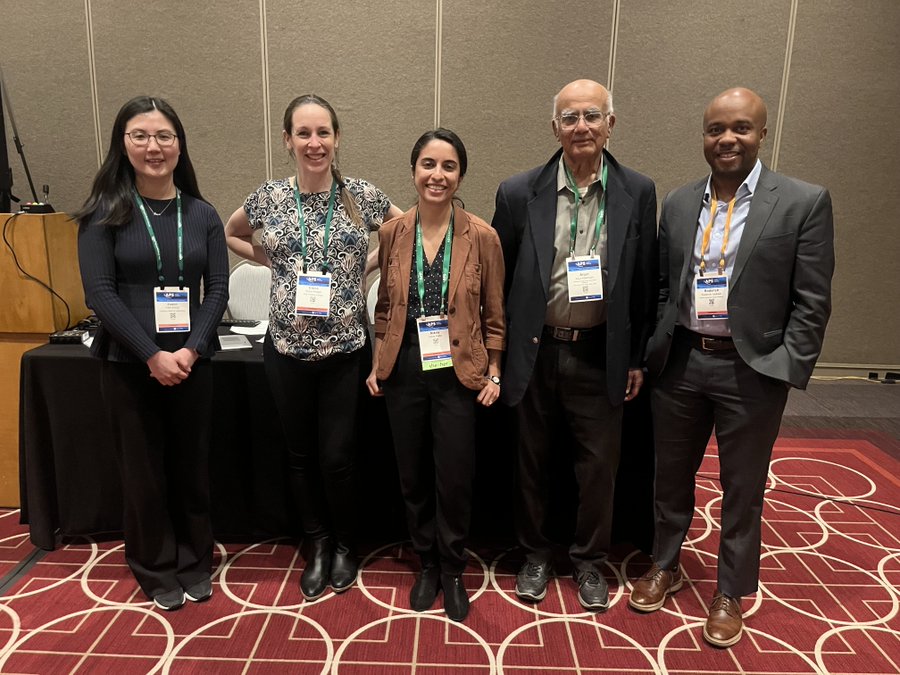
American Physical Society March Meeting
Dr. Krieger joined the American Physical Society’s (APS) March meeting in Minneapolis, to give a talk on the topic of phasing out gas in buildings, during a session on incorporating equity into decarbonization.
The National Academies on The Role of Net Metering in the Evolving Electricity System
Dr. Elena Krieger joined a NASEO webinar to share key findings from a Congressionally-mandated study on the impacts of net metering, which is a billing mechanism used to compensate utility customers with rooftop solar. This study focused on economics, technology developments, equity considerations, and policy and regulatory frameworks.
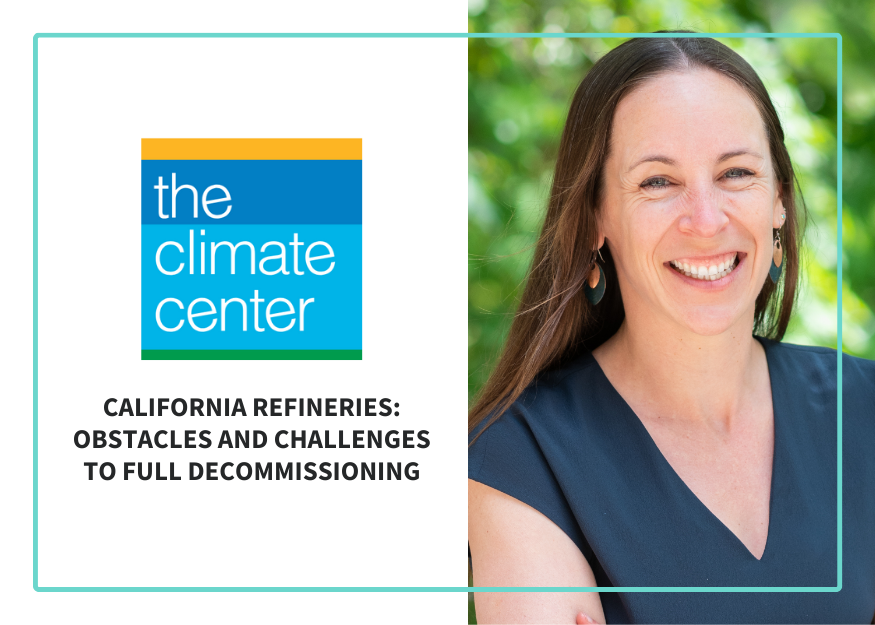
California Refineries: Obstacles and Challenges to Full Decommissioning
Dr. Krieger also moderated a CA Climate Policy Summit discussion on the obstacles and challenges of implementing health-protective, equitable, and labor-friendly ways of fully shutting down and cleaning up California refineries, in tandem with the state’s decline in oil demand.
Elevating impact: Professional societies & impactful science to shape climate-relevant health policy
Dr. Nunez also took part in an ISEE North American Chapter Policy Committee webinar where they discussed shaping climate-relevant health policy through professional societies and impactful science.
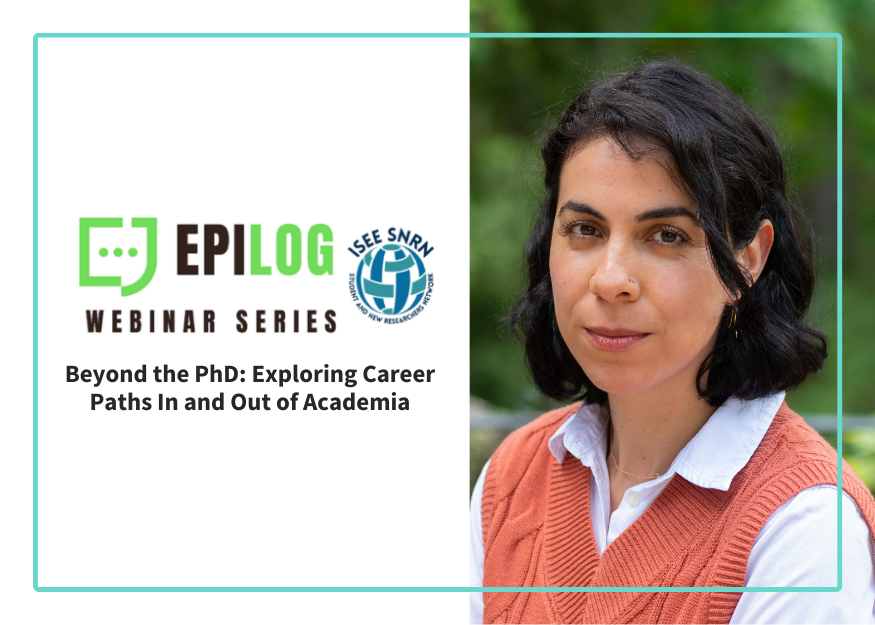
EPILOG Webinar
Dr. Yanelli Nunez joined a EPILOG panel where they explored the different postdoctoral career paths while considering the scarcity of opportunities in academia. She offered her insights and strategies for identifying, exploring, and navigating different career paths after graduation to the Students and New Researchers Network (SNRN).
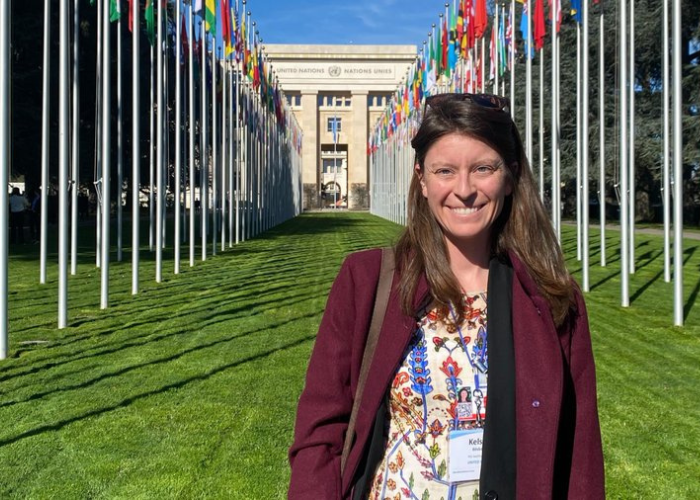
Global Methane Forum
Dr. Kelsey Bilsback visited Geneva to attend the Global Methane Forum on behalf of PSE. She discussed PSE’s ongoing research into the link between methane and public health risks with other conference attendees
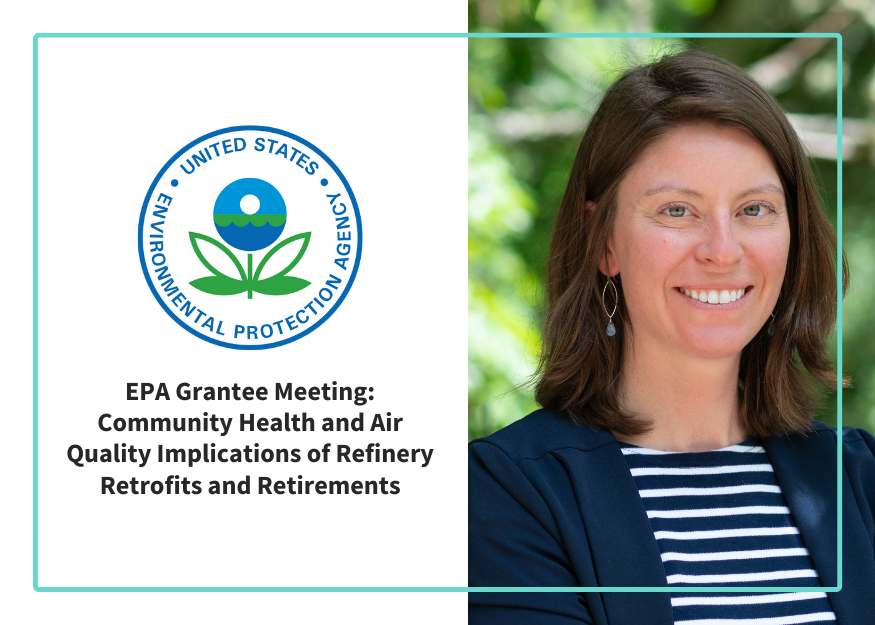
EPA Grantee Meeting
Dr. Bilsback also participated in an EPA grantee meeting, where she and Dr. Lara Cushing (UCLA) presented progress on our collaborative work to explore the air quality and health impacts of oil refinery retirements and biofuel retrofits in the San Francisco Bay Area.
Welcome to PSE!
Careers at PSE Healthy Energy
PSE Healthy Energy is hiring for a Project Manager and an Air Quality Scientist! Join our team of public health professionals, scientists, and engineers. Learn more:
In the Media
Explore comprehensive media coverage of PSE efforts and insights, aimed at bridging the gap between science and energy policy to see how we’re driving change in the energy landscape.


